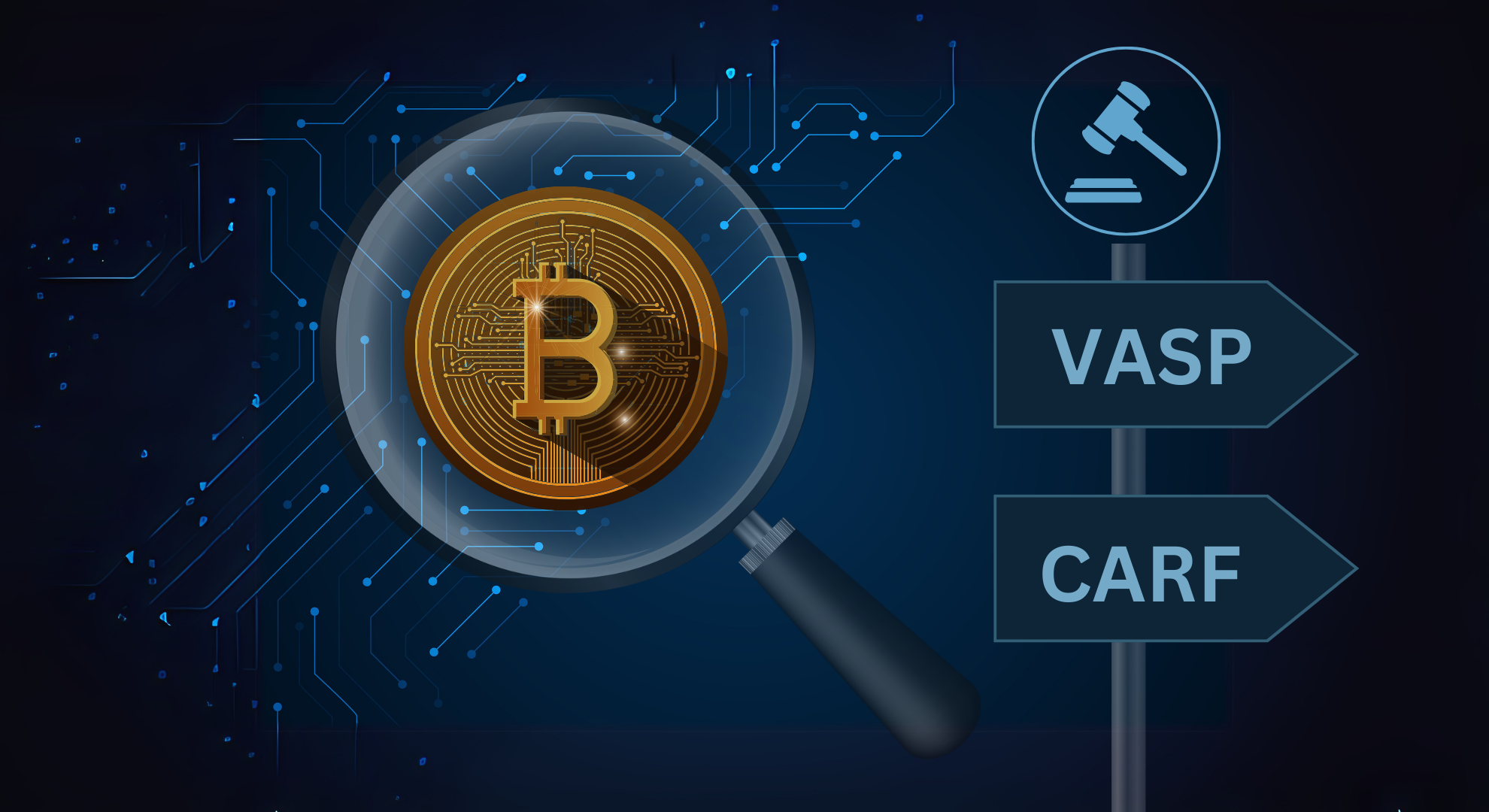The introduction of the Crypto-Asset Reporting Framework (CARF) and evolving standards for Virtual Asset Service Providers (VASPs) represent a seismic shift in global regulatory expectations for cryptocurrency. Despite clear signals from regulators, many financial institutions, especially across LATAM, remain unprepared, creating dangerous compliance blind spots.
Historically, cryptocurrencies operated in environments perceived as resistant to oversight. Today, the convergence of CARF and VASP regulations is rapidly closing these gaps requiring institutions to build comprehensive reporting and robust internal controls. For LATAM financial institutions, family offices, and legal advisors, this critical moment to reassess cross-functional governance framework and compliance programs.
Why Many Financial Institutions Are Behind on Crypto Compliance
Too many institutions still underestimate the complexity of crypto compliance. They mistakenly treat it as an extension of traditional financial regulations, yet crypto assets introduce unique risks including anonymity, transaction velocity, and unmonitored cross-border transfers.
Many institutions continue to manage crypto oversight with fragmented systems, outdated policies, or siloed departments. Enforcement actions globally, from FinCEN, FATF, and regional regulators, have exposed the high cost of inadequate preparation.
The message from regulators is clear: compliance failures will lead to significant financial and reputational penalties. LATAM institutions must act quickly to close compliance gaps by adopting proactive, integrated tools.
How to Bridge the Crypto Compliance Gap Through Cross-Functional Oversight
Effective crypto compliance requires breaking down silos. Governance of crypto activity cannot rest solely with any single department. Instead, it must integrate legal, compliance, risk management, IT security, and operational teams.
Financial institutions should consider establishing dedicated crypto compliance committees responsible for:
- Mapping and documenting all crypto-related activities within the organization.
- Aligning internal policies with CARF and VASP requirements.
- Implementing centralized oversight to detect and report suspicious activities in real-time.
- Providing ongoing cross-departmental training to ensure consistent understanding of evolving regulatory obligations.
This proactive, collaborative model ensures regulatory alignment and builds long-term operational resilience.
Conducting a Crypto Compliance Audit to Blind Spots
Every institution should ask: “Where are our crypto blind spots?”
A thorough, proactive assessment of crypto controls is far less costly than responding to regulatory sanctions or reputational damage.
Common blind spots include:
• Inadequate KYC and EDD procedures: Crypto assets require Enhanced Due Diligence (EDD) beyond traditional banking system standards
• Weak transaction monitoring systems: Many traditional systems lack the agility to track high-speed, cross-border crypto flows
• Limited staff knowledge and training: employees across compliance, risk, and operations need specific training to manage crypto-specific risks.
A comprehensive crypto compliance audit should evaluate internal policies, system effectiveness, employee readiness, as well statistical and judgment transaction testing, and may benefit from engaging outside expertise for independent assessment.
The Compliance Advantage: Resilience, Trust, and Competitive Strength
The convergence of CARF and VASP frameworks marks the beginning of a new era for crypto regulation. Institutions that respond quickly will not only meet regulatory requirements, they will gain a competitive edge by strengthening governance, building trust with counterparties, and demonstrating operational excellence. At Foodman CPAs & Advisors, we know from experience that crypto compliance is not just about satisfying minimum regulatory expectations. It’s about building resilient, audit-ready frameworks that become part of the institution’s operational culture.
Proactive compliance is not a burden; it is an institutional asset.
Next Steps: Align, Integrate, and Stay Ahead of Crypto Regulation
If your financial institution is unsure whether crypto compliance blind spots exist, now is the time to act.
At Foodman CPAs & Advisors, we partner with financial institutions, family offices, and legal advisors to design customized, audit-ready crypto compliance frameworks. Our goal is simple: to help you stay ahead of regulatory expectations, build operational resilience, and protect client trust.
Contact Foodman CPAs & Advisors to schedule a strategic crypto compliance assessment tailored to your institution’s unique risk profile.


